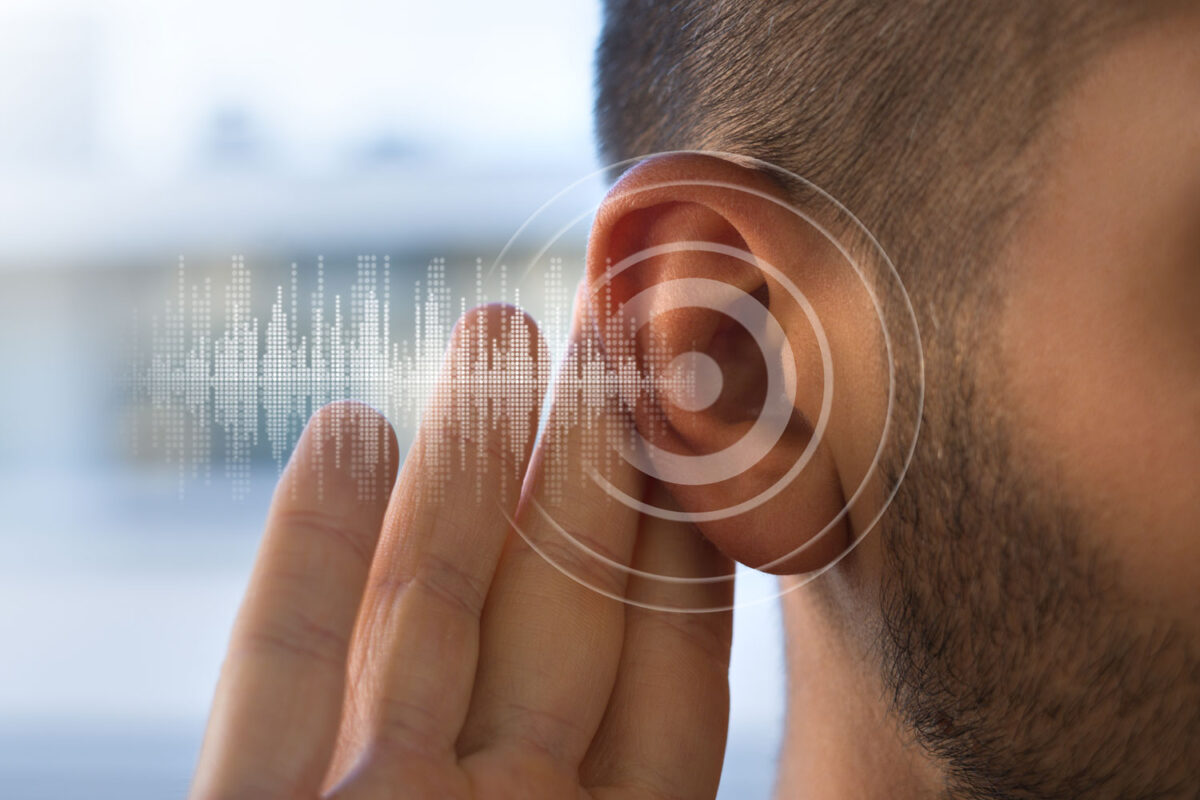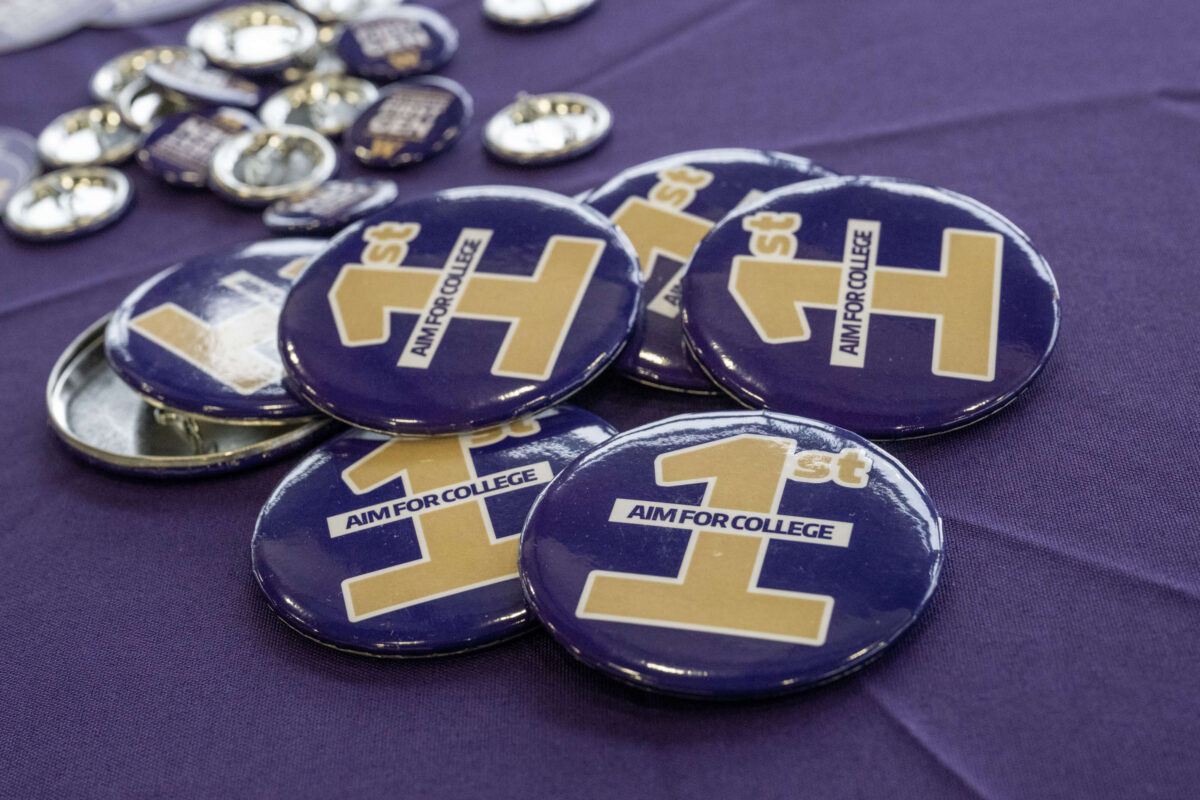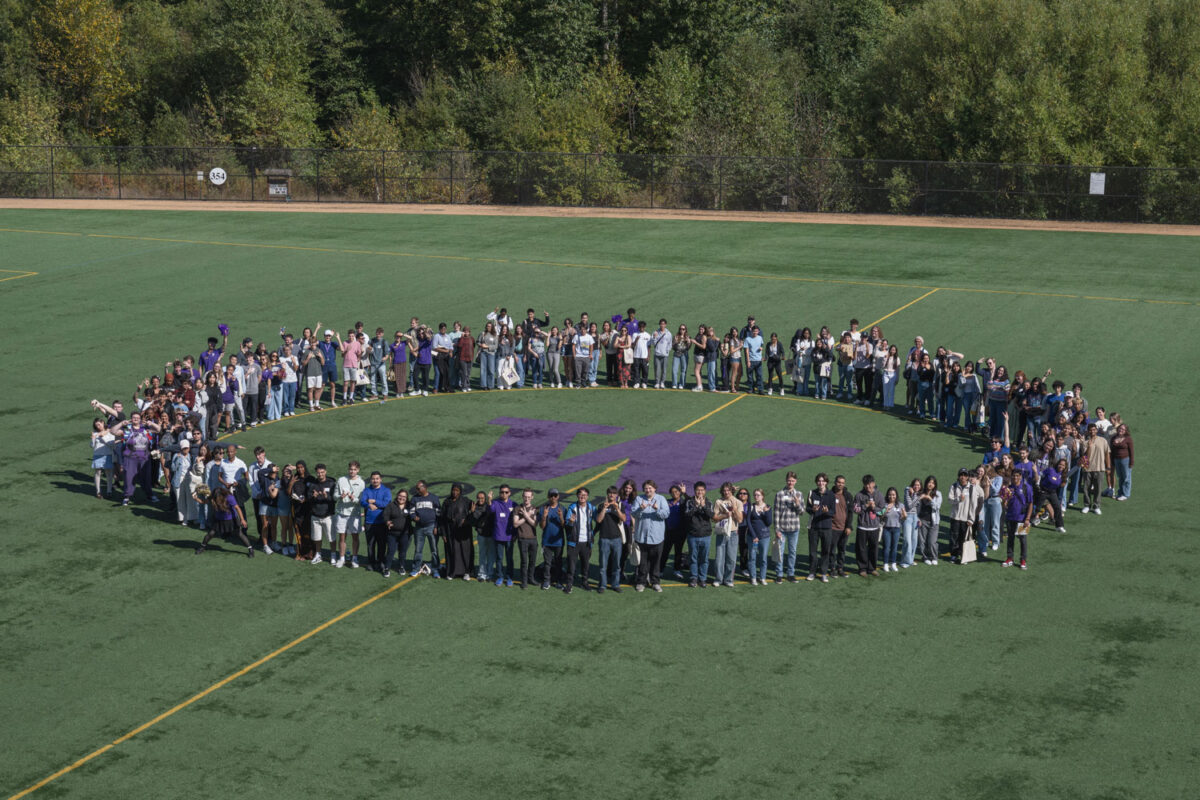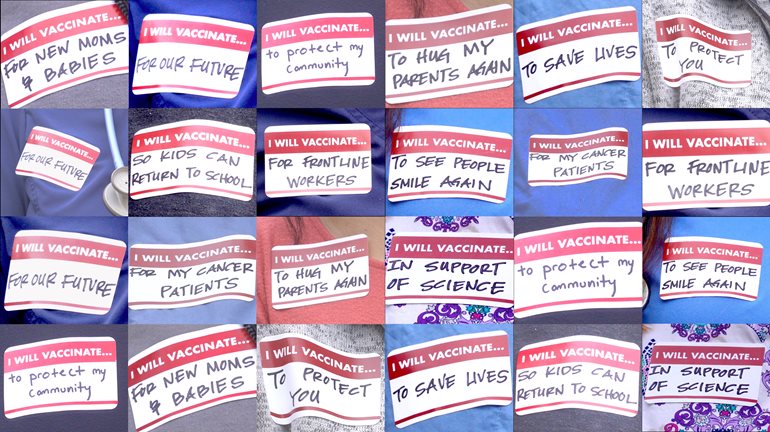
Most students in the Master of Nursing program in the School of Nursing & Health Studies are working nurses. Many are frontline workers caring for COVID-19 patients. As one class was wrapping up, Assistant Professor Dan Bustillos asked how they were doing.
The outpouring that followed inspired them to make a personal video appeal to people who are vaccine hesitant or are anti-vaccine.
So how were the MN students doing? Nurses said they had critically ill patients in intensive care who still believed the virus was a hoax or government conspiracy. Even in the online class, Bustillos could see some of his students were teary-eyed.
“The nurses themselves were connecting with the pandemic in very emotional ways — in tears. I was moved by that. It was powerful,” said Bustillos.
Concerned and frustrated that too few people would get vaccinated, someone said they should make a public service announcement. “They wanted to connect to the community as nurses and say why they personally wanted the vaccine.”
To the vaccine hesitant
During a brainstorming session for a video, the idea came up to use nametags to spell out the reasons. In the video filmed and edited by Bustillos, viewers see the faces, hear the voices and read the reasons:
“I will vaccinate so I can hug my parents again.”
“I will vaccinate so my kids can go back to school.”
“I will vaccinate for my cancer patients.”
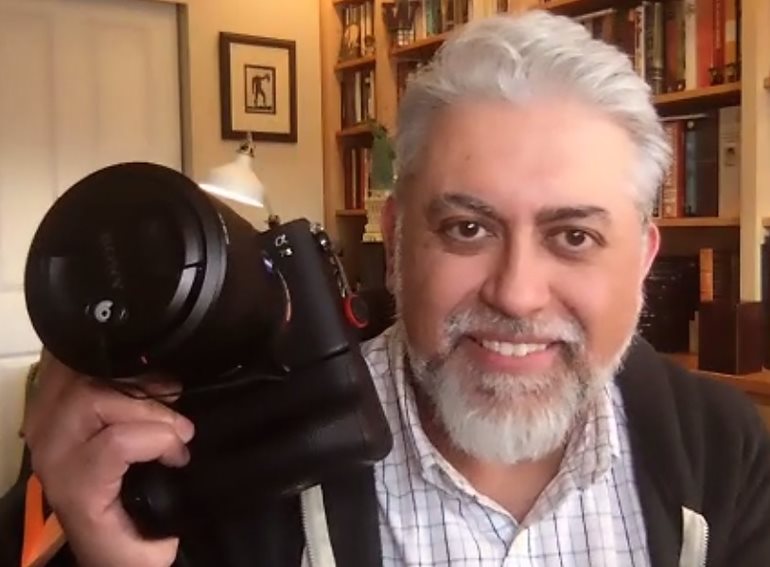
Bustillos said the video is aimed at the vaccine opponents on both ends of the political spectrum. The far left think vaccines are a ploy of the biomedical complex — government in cahoots with pharma for the money. The far right see a government plot to subjugate them.
Even without factual support, the conspiracies ring true for some people, said Bustillos, who has a doctorate and a law degree. The more debunking, education and science they see, he said, the more they cling to their beliefs.
“Instead of explaining reasons why the vaccine is safe or why data show it’s effective, we decided to make an emotional appeal,” Bustillos said.
“This is how we should connect with those people who are hesitant about the vaccine — not as educated elites trying to teach them but instead as neighbors, as daughters and husbands and wives. This is affecting them personally, and the only way they see out of it is vaccinations.”
From trusted messengers
Nurses may have the moral authority to deliver an appeal successfully, as polls show they are considered the most trustworthy professionals, Bustillos said. Amidst all the news and messages about the coronavirus pandemic and vaccines, the video is getting out through social media networks.
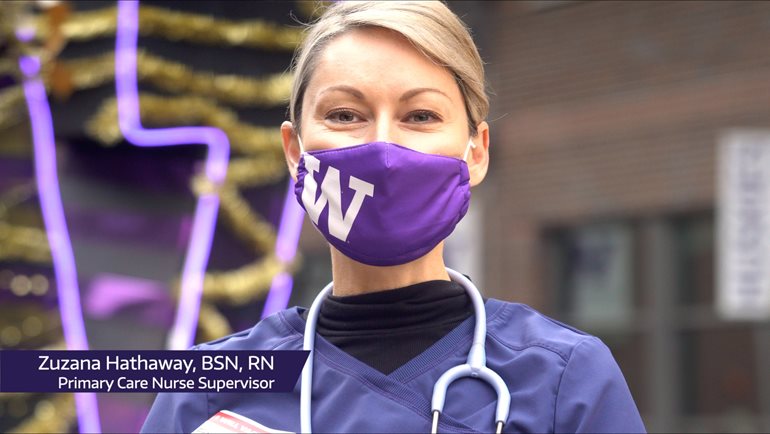
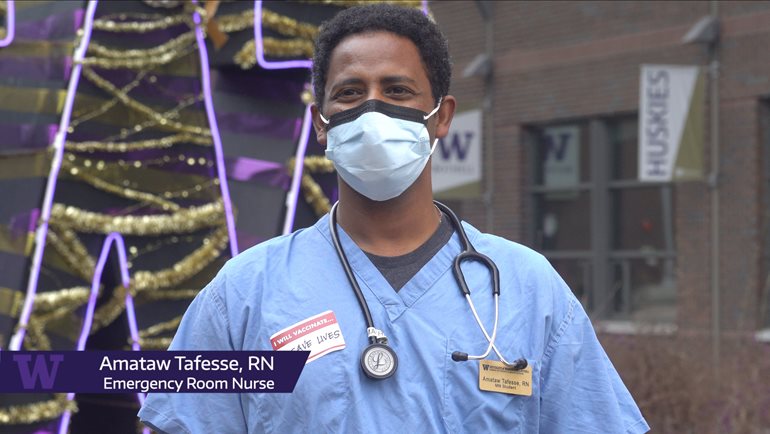
Here are the students involved in making the video:
- Severine Chardon, BSN, RN, CCRN
- Zuzana Hathaway, BSN, RN
- Costa Herbert, RN
- Emily Howerter, RN
- Lauren Huntoon, RN
- PhÆ°Æ¡ng Huynh, BSN, RN, OCN
- Margaret Loyet, BSN, RN
- Jamie Peterson, RN
- Joleen Rodgers RN
- Amataw Tafesse, RN
- Melissa Tiesel, BSN, RN
